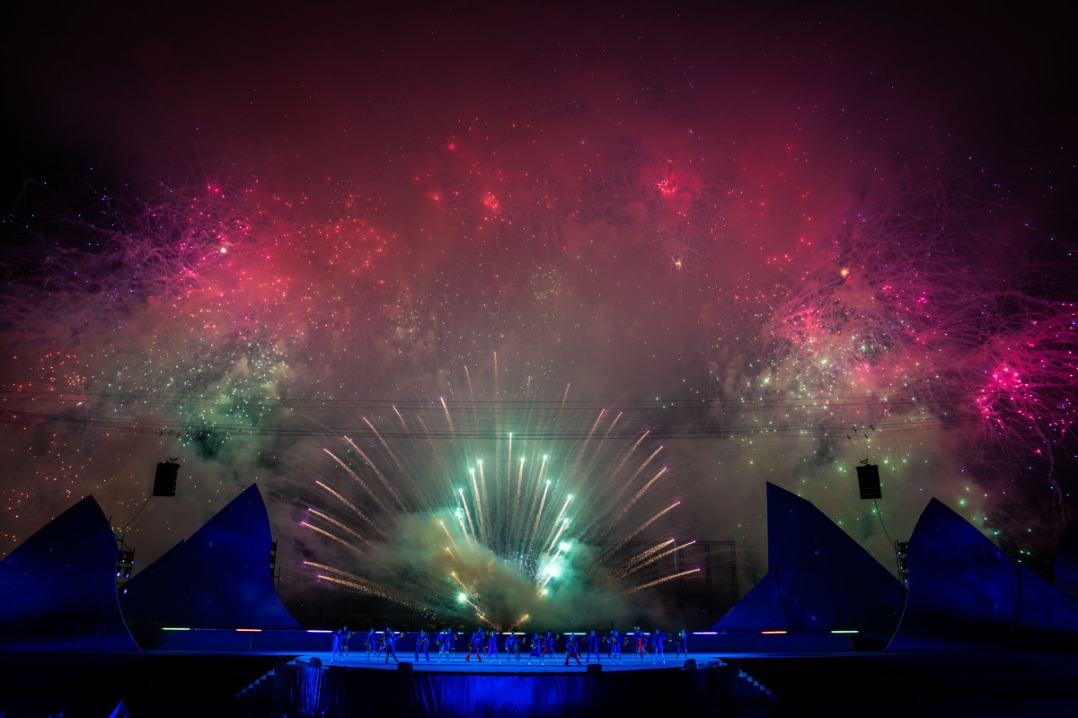Nation set to become new global hub for innovation


In recent years, China has intensified efforts to explore the universe and reclaim pride in the nation's outstanding achievements in astronomy in ancient times.
As early as 4,000 years ago, China had full-time astronomical officials and the world's earliest record of Halley's comet. The length of a year was measured and determined by Chinese astronomers more than 700 years ago, in line with today's Gregorian calendar.
China recently built the world's largest single-dish radio telescopethe Five-hundred-meter Aperture Spherical Radio Telescope - in Guizhou province, which has discovered dozens of new pulsars.
Scientists at China's Purple Mountain Observatory and other institutions are pushing forward the construction of an observatory on the inland icecap in Antarctica.
"That will definitely be a world leader," said Shi Shengcai, director of antarctic and radio astronomy at the observatory.
Completed in 1934, Purple Mountain was the first modern observatory built by China, and the original intention was to avoid the monopoly of astronomical research by Western colonialists in the country.
In the observatory's new office park in the suburbs of Nanjing, capital of Jiangsu province, scientists are working on a next-generation space detector to search for dark matter.
The Chinese philosopher Zhuang Zhou, who lived more than 2,000 years ago, believed material structures could be divided infinitely. Today, Chinese scientists continue to explore the microcosmic world, and have made many breakthroughs in recent years in fields such as quantum communication, neutrinos and iron-based superconductivity.
- Creative fireworks show held in China's 'fireworks capital'
- Chinese scientists achieve net-negative greenhouse gas emissions via electrified catalysis
- At the gateway to China's resistance, memories of war echo 88 years on
- Mainland scholar outlines 10 fallacies in Lai's separatist narrative
- China's first ocean-level smart scientific research vessel delivered in Shanghai
- World's first somatic cell-cloned dzo born in Xizang





































